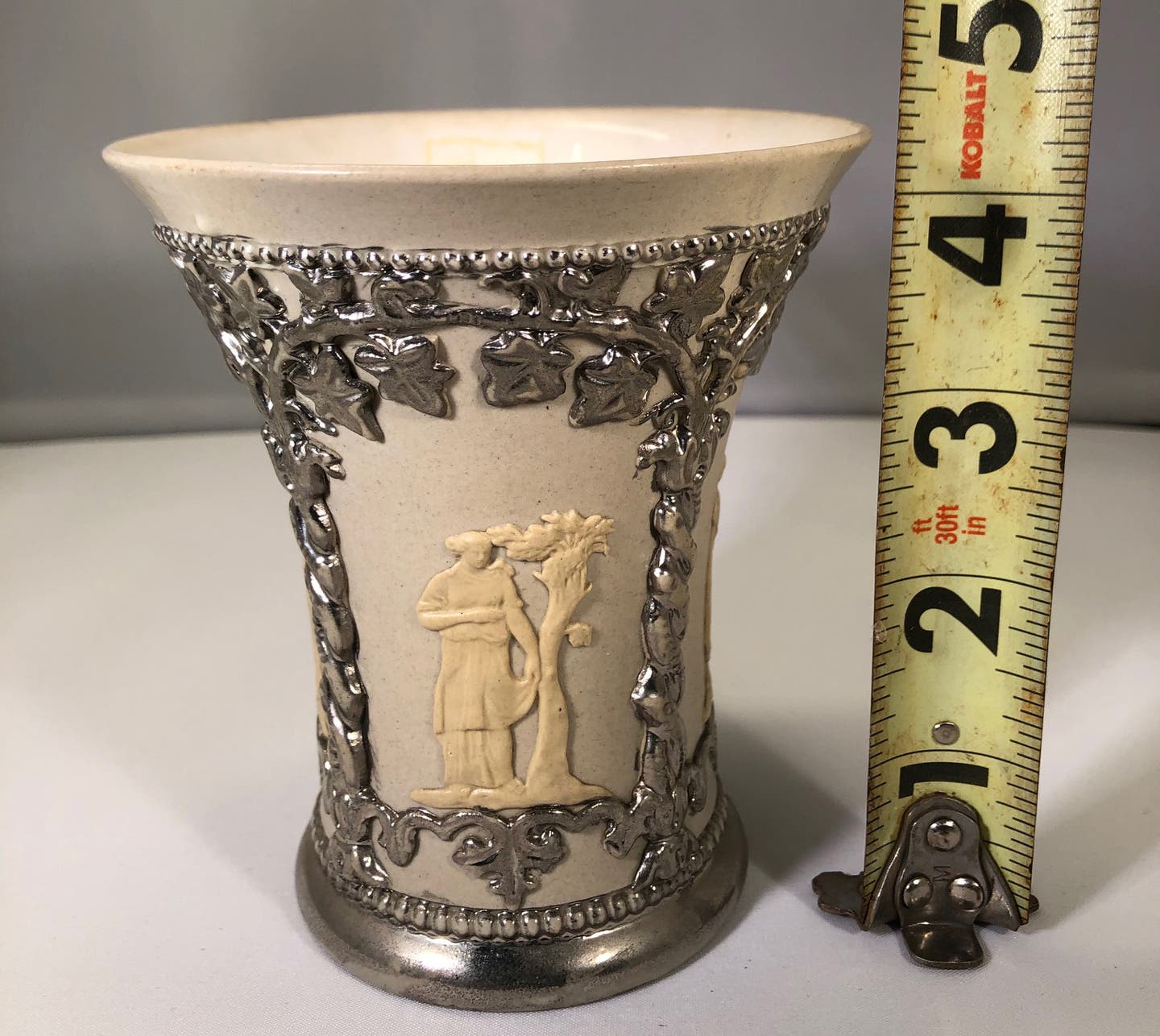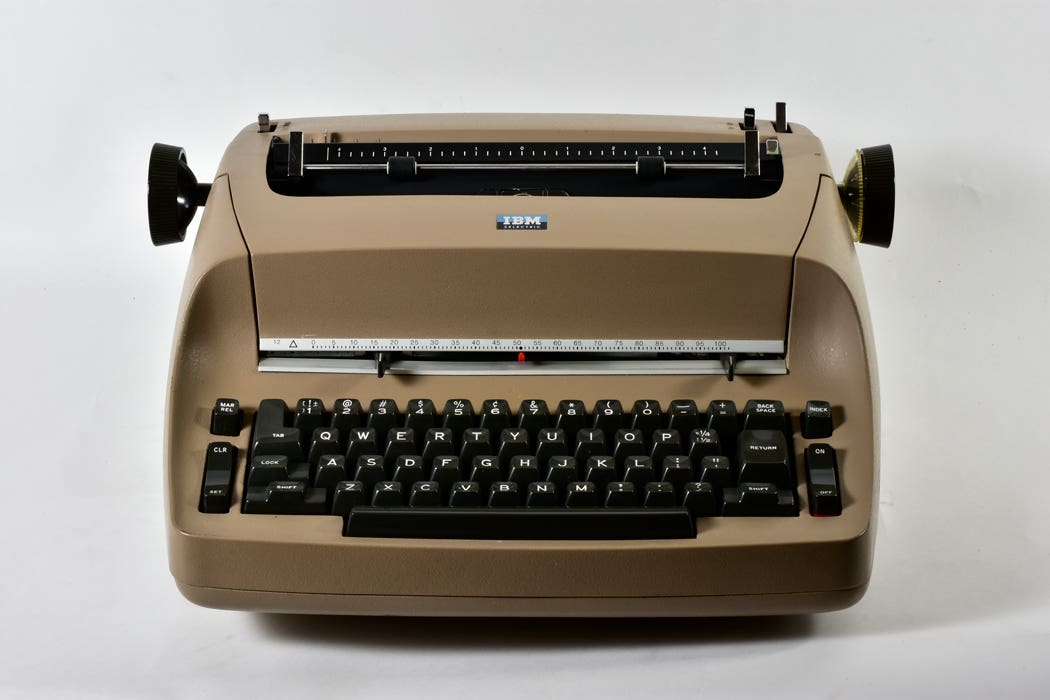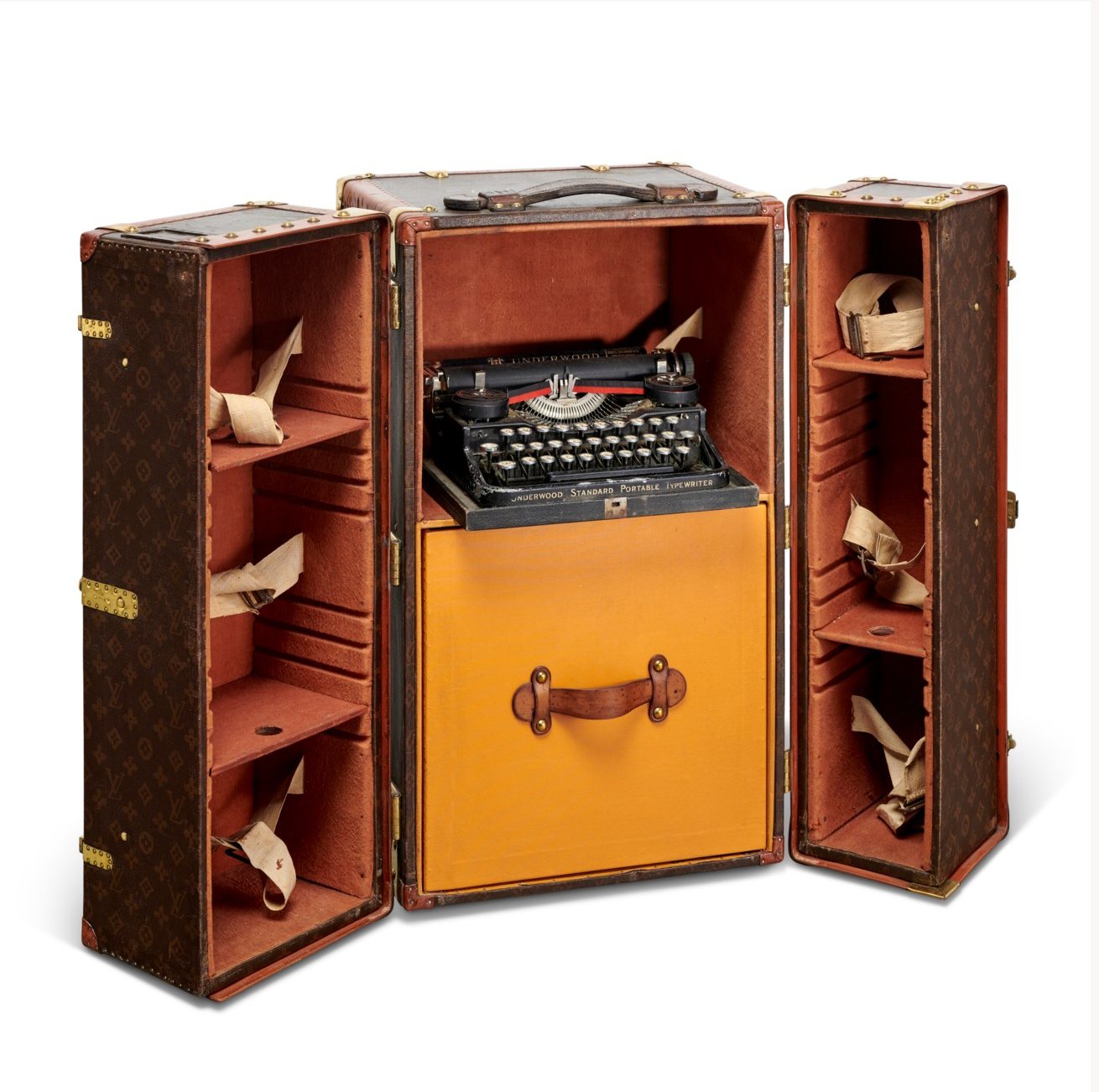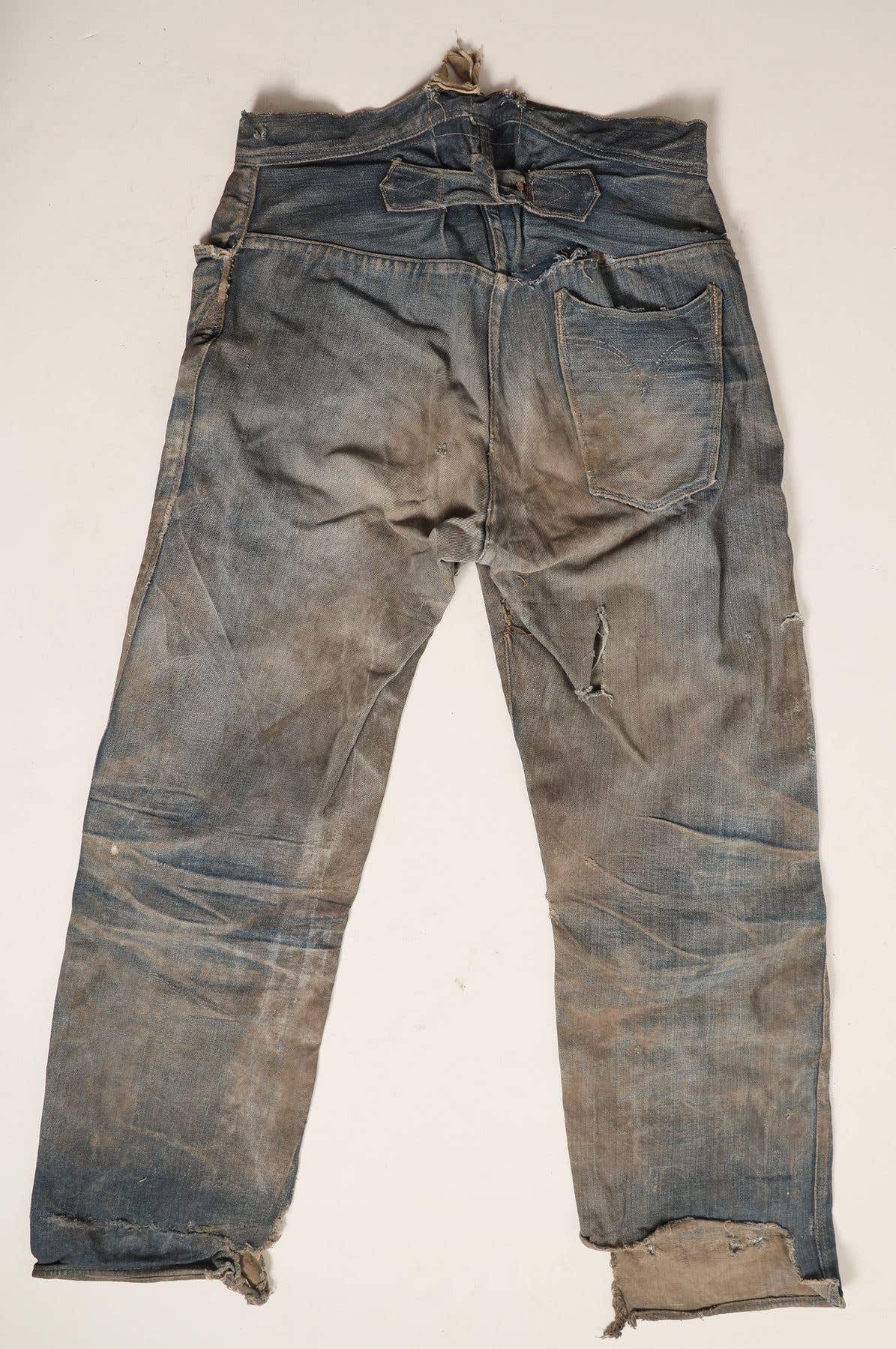Resale’s got the look for investors
Wall Street loves resale. At the end of June, investors plowed $300 million into the initial public stock offering of the consignment shop The RealReal. The stock was offered at $20…
Wall Street loves resale. At the end of June, investors plowed $300 million into the initial public stock offering of the consignment shop The RealReal. The stock was offered at $20 per share in the morning and by the end of the day had risen 45 percent to $29 per share.
Not bad for an eight-year-old second-hand shop.
Founder Julie Wainwright started the company in 2011, working from her kitchen table and driving to consignor’s homes to pick up merchandise. She now has three stores in Los Angeles and New York and 11 consignment offices nationwide. Her story is like yours and mine: scrappy startup makes good. Except for the $300 million IPO part, I missed that boat.
The RealReal offers luxury goods: designer fashion, accessories, jewelry, fine art and home decor. In 60 cities, consignors may have their items picked up. Elsewhere, they may ship them to a consignment-processing center (for free). When the items arrive, they are researched, priced, and listed on the RealReal website. Commissions vary. Generally, consignors receive 50 percent of the selling price on items under $200 and up to 70 percent for products selling at $10,000 and above.
The successful IPO marks a turning point for the resale industry. As the platitude suggests, “a rising tide lifts all boats.” Antiques, vintage and collectibles dealers benefit from the excitement surrounding The RealReal.
Resale on Wall Street isn’t new. In 1988, Ron Olson and Jeffrey Dahlberg, owners of Franchise Business Systems, bought the franchise rights to Play it Again Sports, a hybrid used-and-new sporting goods store. In 1993, the company went public, offering stock on the Nasdaq exchange under the name of Grow Biz International. In 2001, Grow Biz changed their name to Winmark Corporation.
Winmark’s franchise concepts continue to be based on the hybrid used-and-new model. Last February, the research company IBISWorld reported Winmark’s share of the resale market was about six percent, second only to Goodwill Industries (21 percent). Winmark offers five franchises: Once Upon A Child (children’s clothing); Play It Again Sports (sporting goods); Style Encore (women’s fashions); Music-Go-Round (used musical instruments); and Plato’s Closet (teen fashion).
Each store offers a mix of new, used and consigned goods, and is owned by individual franchisees.
In a July press release, Winmark reported 1,249 franchises in operation and another 43 retail franchises awarded but not yet open. “Our first quarter results were positively impacted by the performance of our franchisees,” Brett D. Heffes, Chief Executive Officer, said.
Resale pioneer Ron Olson (of Grow Biz/Winmark fame) founded the used-goods franchise company New To You (NTY) in 2007. Though privately owned, NTY has opened nearly 200 resale stores in the past 12 years, operating under the brands: Children’s Orchard (children’s clothing); Clothes Mentor (women’s fashions); Device Pitstop (used electronics); and NTY Clothing Exchange (teen and young adults clothing).
Resale — whether online, offline, consignment, business to consumer, or peer-to-peer — is growing at an unheard-of rate. According to the 2019 Fashion Resale Market and Trend Report in the past three years the resale market for clothing has grown 21 times faster than the retail apparel market. In the next four years, the market is predicted to grow from $24 to $51 billion. And that’s just fashion. Thousands more resale, antiques store and online marketplace sellers prove that resale is a mainstream economic force.
Even celebrities are entering the mix. The Wall Street Journal reports that tennis star Serena Williams is on the Poshmark Board of Directors, and that Ashton Kutcher has invested in the company. Vogue announced that fashion designer Stella McCartney (daughter of The Beatles Paul McCartney) has become an “official partner” of The RealReal.
Coresight Research reports: “US full-price retailers are suffering while re-commerce is thriving, and re-commerce is currently one of the fastest-growing sectors in retail. Key factors driving continued growth ... include millennial penetration, desire for value and cost savings, the entertainment factor of the treasure hunt for unique items, decluttering, environmental concerns, greater interest from higher-income shoppers and male customers, as well as resellers opening physical locations.”
The list of resale and consignment startups (and the amount of investor money that they attract) is staggering. Notable are Vestiaire Collective (Paris), $69 million; ThreadFlip, $21 million (now defunct); Twice, $23.1 million (acquired by eBay in 2015); and Tradesy, $44.5 million.
The luxury handbag seller Rebag announced in February they had received $25 million in Series C (private equity) funding, bringing their total funding to $52 million. The funds will fuel Rebag’s ambitious expansion plans, which include adding 30 physical stores to their existing five in New York and Los Angeles.
Fashonista.com remarks: “Investors we’ve spoken to generally point to three companies that are leading the (resale) category: ThredUp, The RealReal and Poshmark.”
Peer-to-peer fashion marketplace Poshmark has raised nearly $160 million in equity funding. This success has led to plans for an IPO as early as this fall. Goldman Sachs and Morgan Stanley will assist in the effort.
Not all resellers focus on the luxury market though. In 2009, college student James Reinhart pitched his idea for an online clothes-swapping marketplace to 27 venture capitalists; they all turned him down. So he bootstrapped his startup. With a little tweaking of his concept, he soon attracted venture capital from Goldman Sachs, Highland Capital Partners and Redpoint. Ten years later, Reinhart’s company ThredUp boasts annual sales of $37.9 million and has 308 employees. Reinhart’s site targets women seeking lower prices on mid-range—not designer—brands for themselves and their children.
“Even traditional retailers are starting to embrace secondhand,” Reinhart said. “The resale customer is no longer somebody else’s customer, they are everybody’s customer. Mass market or luxury, if people can find a high-quality product for much less, they’ll choose used. As the line between new and used apparel blurs for consumers, a powerful transformation in retail will unfold.”
For those of us in the resale business, the future looks good.
Longtime columnist, writer, and author, Wayne Jordan is an antiques and collectibles expert, retired antique furniture and piano restorer, musician, shop owner, auctioneer, and appraiser. His passions are traveling and storytelling. He blogs at antiquestourism.com and brandbackstory.com.






